Open Knowledge International just launched the final 2015 index, ranking 122 countries based on the openness of 13 key datasets. In this ranking Belgium jumped from the 53rd place to 35th place and went from being 39% to being 43% open. What does this mean and how will this affect Open Data publishing in the future?
It means the federal government takes off
In last years blog, we had to put things in perspective on Why Belgium ranks so low on the Open Data Index. One of our outtakes was that OpenData publishing was very active in local cities and regions, but not so much on a federal level, which is vital to a decent score on the index. That’s because said index mainly focuses on national efforts and datasets. The Belgian government took notice of this during the Open Belgium Conference 2015 and committed to working towards a strategy to overcome this.
Five months later, an Open Data strategy was approved by the federal ministerial council defining the baseline of a more Open Belgium.
Statbel takes the first leap in the dark
After publishing that strategy during the summer, the first noticeable changes happened. Statbel, the federal department responsible for the national statistics was the first one to announce that their data would fall under an open license and has now opened the first datasets, with more coming soon. This is great news as ‘national statistics’ is one of the key datasets on the open index. So normally, this dataset should receive all points on the index of 2016, given that the right data is open.
We’re not quite there yet
There is still a long way to go though, if we ever want to tie with our neighbouring countries. All 13 key datasets focus on very different departments from government spending to weather forecasts. And to make matter more complex, datasets like water quality and pollutant emissions are not a federal responsibility, but a regional one. So even if for example the Flemish, Brussels or Walloon government scores very high on one of these datasets, only if all regions have the same data available will we get to score positive on this matter. But Alexander De Croo, Minister of Digital Agenda, says he's determined to make Belgium improve her rank next year.
Since Statbel took the first steps and a federal Open Data strategy is on the table now, we’re having high hopes for 2016. Even though we’re not quite there yet, and still lagging behind neighbouring counties, a truly Open Belgium is approaching. We’re looking forward to all Open Data efforts in 2016.



Share